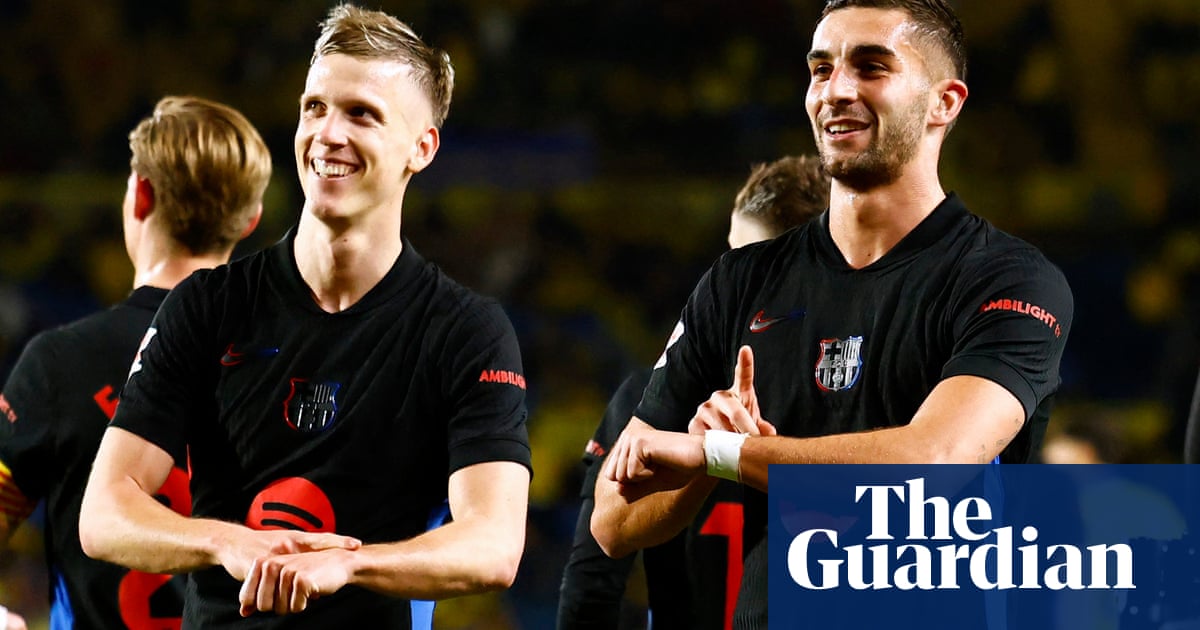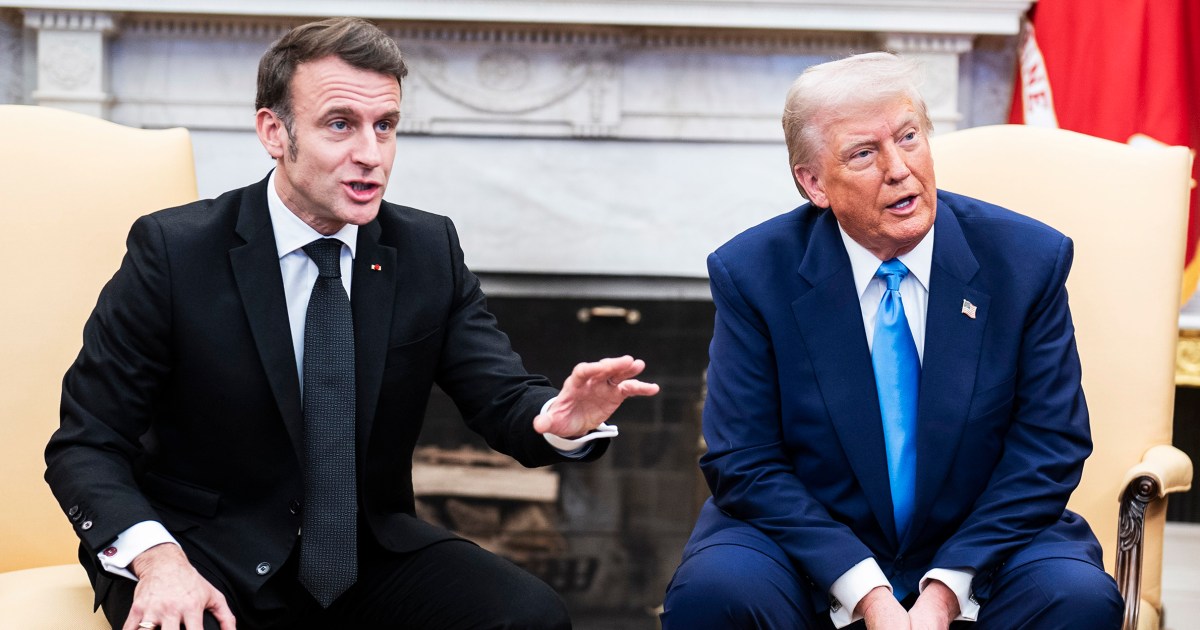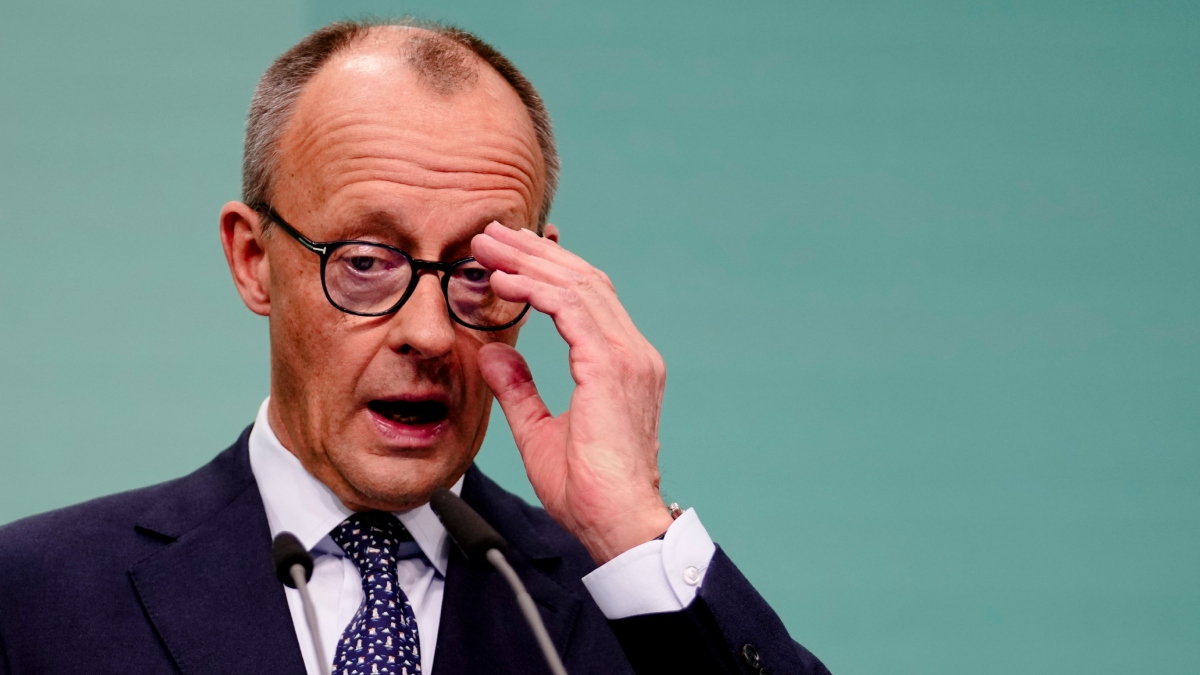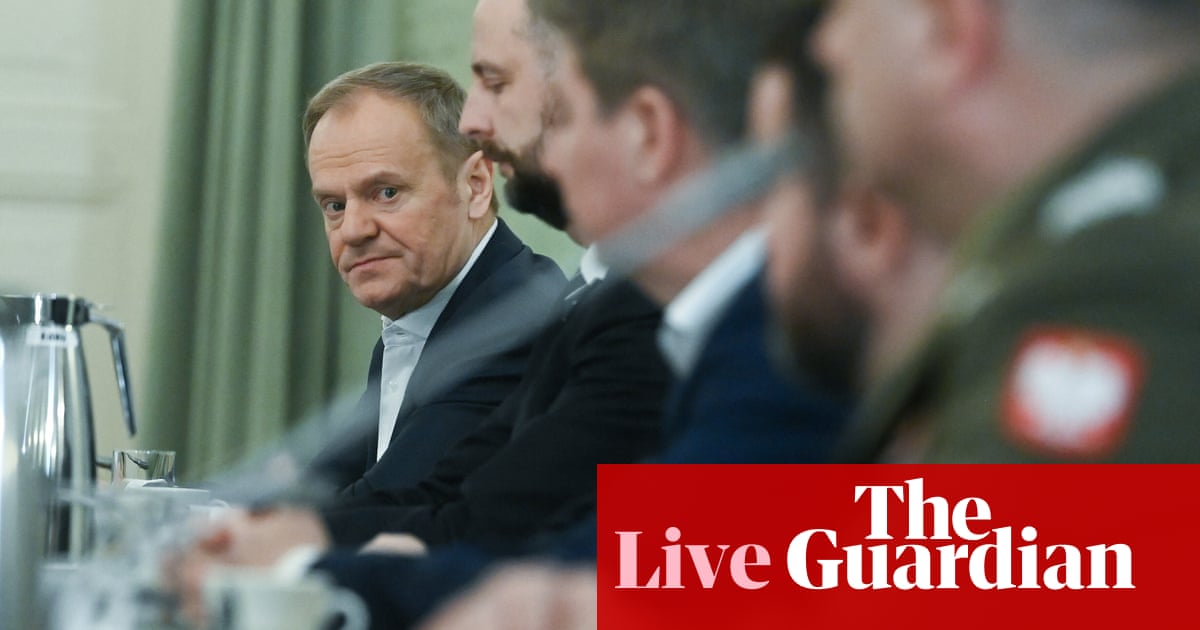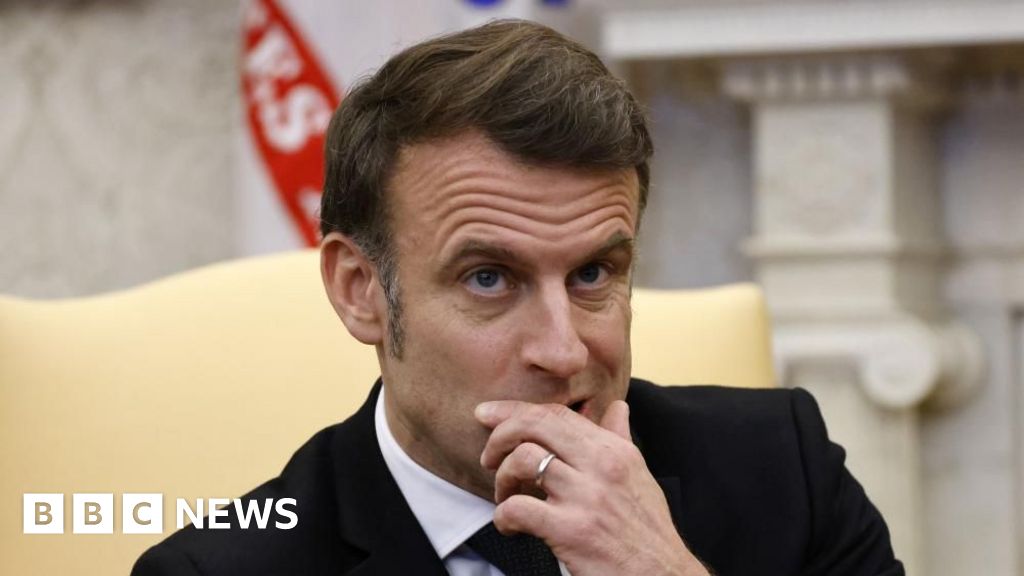Selfless Alexander-Arnold epitomises England’s team spirit at Euro 2024

Trent Alexander-Arnold began Euro 2024 as Gareth Southgate’s project. Two difficult games later, the experiment was in the bin. Seduced by Alexander‑Arnold’s passing range, Southgate had decided to run with him in that problematic third spot in England’s midfield. If the manager had truly believed in the plan, though, it is unlikely that the first player to be taken off against Serbia and Denmark would have been the makeshift midfielder who plays as a right-back for his club.
“He can’t defend,” was Wayne Rooney’s verdict on Alexander‑Arnold before England played Serbia in their opening game in Group C. “I wouldn’t have him anywhere near the middle of the pitch.”
“Everybody’s more than entitled to opinions,” Southgate responded, only to give his away by dispensing with Project Trent at the first opportunity, thereby validating the many internet sleuths who reckon he is motivated entirely by ruining the Liverpool player’s career.
After all, just look at what Alexander-Arnold had to say on Monday about being relegated to the bench in each of England’s past three games: “The manager needed different players in there and it has worked,” he roared. “There’s no negative vibes or energy around any decisions. I enjoyed helping the team win the first game and draw the second. I came here with the mindset of trying to help the team win in whatever way I could. My mindset was never stuck in one place. It was flexible to different ideas and I still believe there’s a big role to play.”
And so to a different narrative: the one with Alexander-Arnold, whose international career has mostly been a tale of false starts, stepping off the bench with five minutes to go in extra time of England’s quarter-final against Switzerland. “He could have thought that his tournament was done,” Southgate would say. The pain of being dropped could have hung over him. He could have sat on the bench, numb and disengaged, waiting to go home. Someone else could have had the responsibility of being England’s fifth taker in their penalty shootout.
“The game takes you on a journey,” said Alexander-Arnold, who sent England through to face the Netherlands in Wednesday’s semi-final when he crashed his kick past Yann Sommer. “I would have liked to keep my position in the team, but the manager has made decisions and I respect his decisions. The team always comes first and you have to buy into that.”
That attitude is a reminder of the culture that Southgate has instilled during his eight years in charge. There is a collective spirit to England, a toughness, a squad full of players willing to take responsibility. “The journey I’ve been on throughout football so far has taken me to ups and downs,” Alexander-Arnold said. “It’s in those times that you realise what you can put yourself through mentally and overcome. I see that throughout the whole team. Everyone has their own story, where they have to overcome setbacks. In life, it’s about how you bounce back.”
In tournaments, there are times when those mental qualities matter as much as tactics and raw ability. There is no doubt that Southgate’s strategic decisions have been questionable over the past four weeks. England have been difficult to watch in Germany and they sailed perilously close to the wind against Slovakia in the last 16, before being pushed all the way by Switzerland.
But this is a steelier England team: one that can survive the shock of going behind, win when playing badly and trust substitutes to make a difference, all of which is a consequence of the standards implemented and maintained by Southgate. “He instils belief in us,” Alexander-Arnold said. “We are a very hard team to beat. No matter what’s been thrown at us we believe. These are all messages that come from the manager and we believe that we’re good enough to beat any team.”
Ivan Toney coming on in the 94th minute to make an impact with time running out against Slovakia, Eberechi Eze playing as a left wing-back, Luke Shaw shaking off the rust after five months out with a hamstring injury and coming on moments after Switzerland had gone 1-0 up – all of these things are what Southgate had in mind when he spoke to his players about the 1966 World Cup before the Euros.
This was no random walk down memory lane. Southgate wanted his team to know that Sir Geoff Hurst was not in England’s team at the start of that tournament. He wanted the players who are not in his starting lineup to think about Hurst’s hat-trick in the final against West Germany; he wanted someone such as Ezri Konsa to know he might be needed at some point. But it can only be achieved if there are no sulkers within his group of 26.
“The ones that are not playing, the ones that have to do those tough training sessions the day after the game after not getting on, they’re the most important ones because they’re the ones that lead training, lead the positive vibes,” Shaw said on Monday. “You never know when your opportunity can come.”
For Konsa, who has six caps, his chance arrived when Marc Guéhi’s suspension opened a spot for him to excel in central defence against Switzerland. Against the Netherlands, it could be Ollie Watkins, Jarrod Bowen or even Adam Wharton. “No matter what role you play, you earn your medal,” Alexander-Arnold said.
Related
Manchester United: INEOS to announce another round of redundancies at…
The top stories and transfer rumours from Sunday's newspapers...SUNDAY MIRROR INEOS will announce another round of redundancies at
European football: Barcelona march on at top of La Liga…
Dani Olmo and Ferran Torres came off the bench to rescue a 2-0 win for Barcelona at Las Palmas on Saturday that sent them back to the top of the La Liga table a
Champions League qualification: How Premier League race stands and why…
Each country's league earns a coefficient ranking based on how their teams perform in Uefa's three men's club competitions: the Champions League, Europa League

